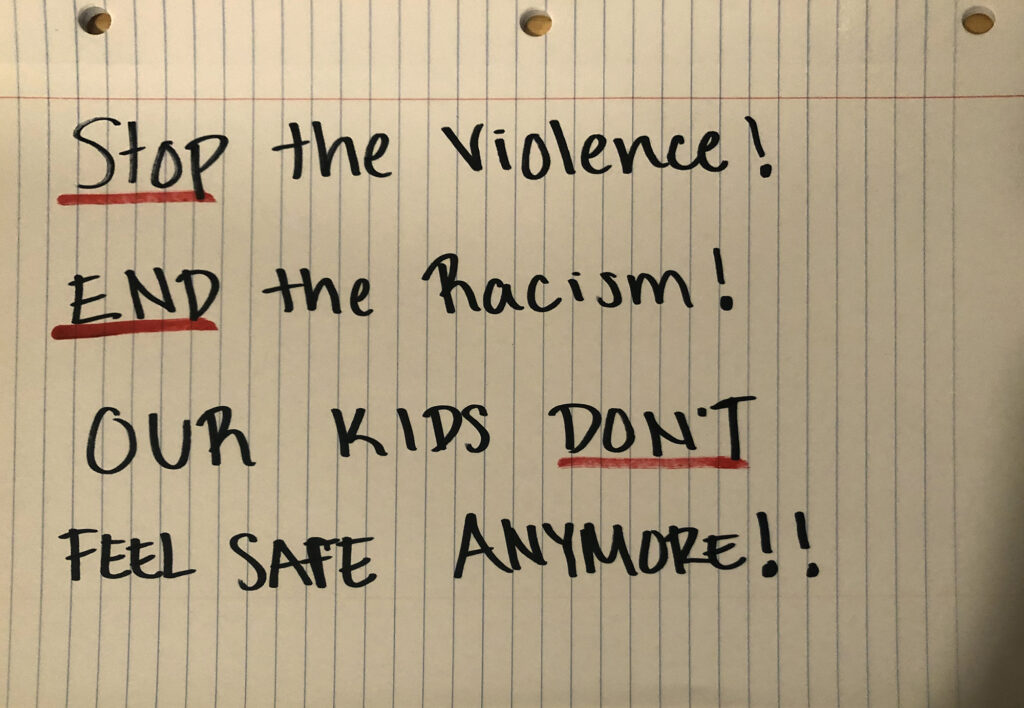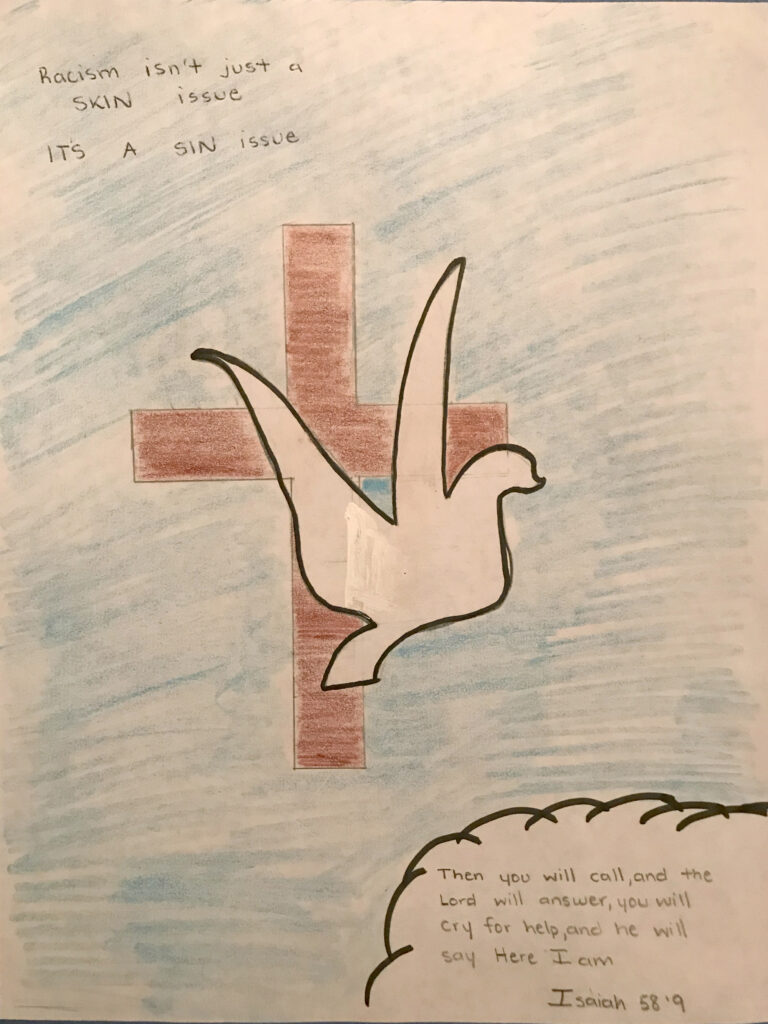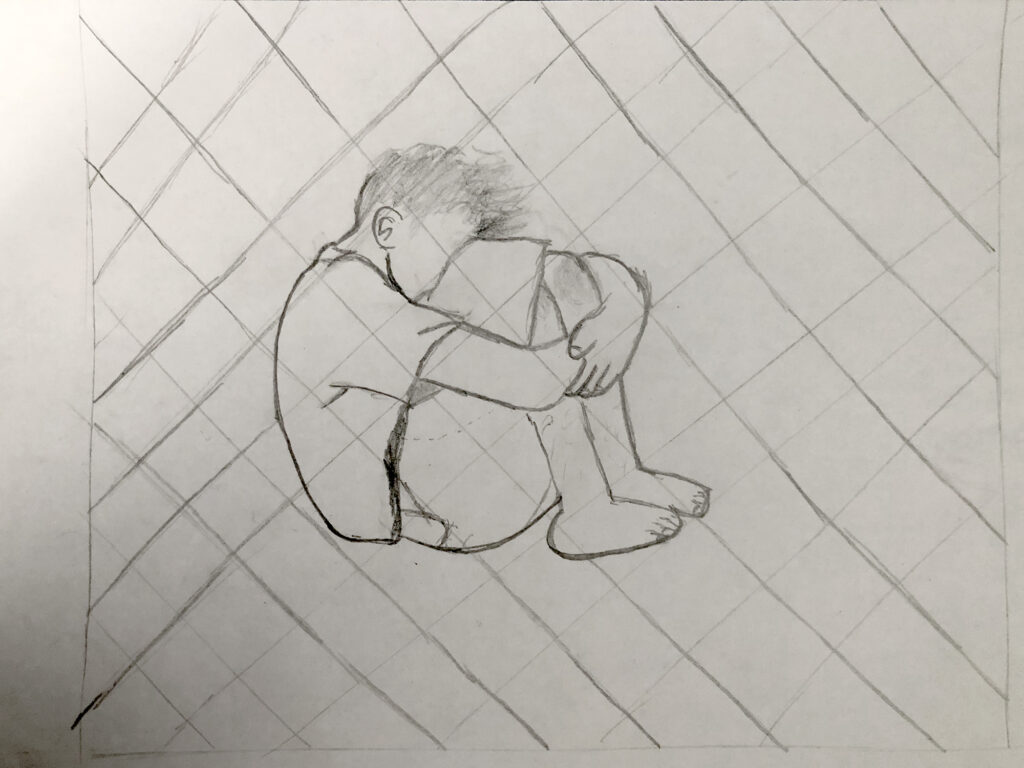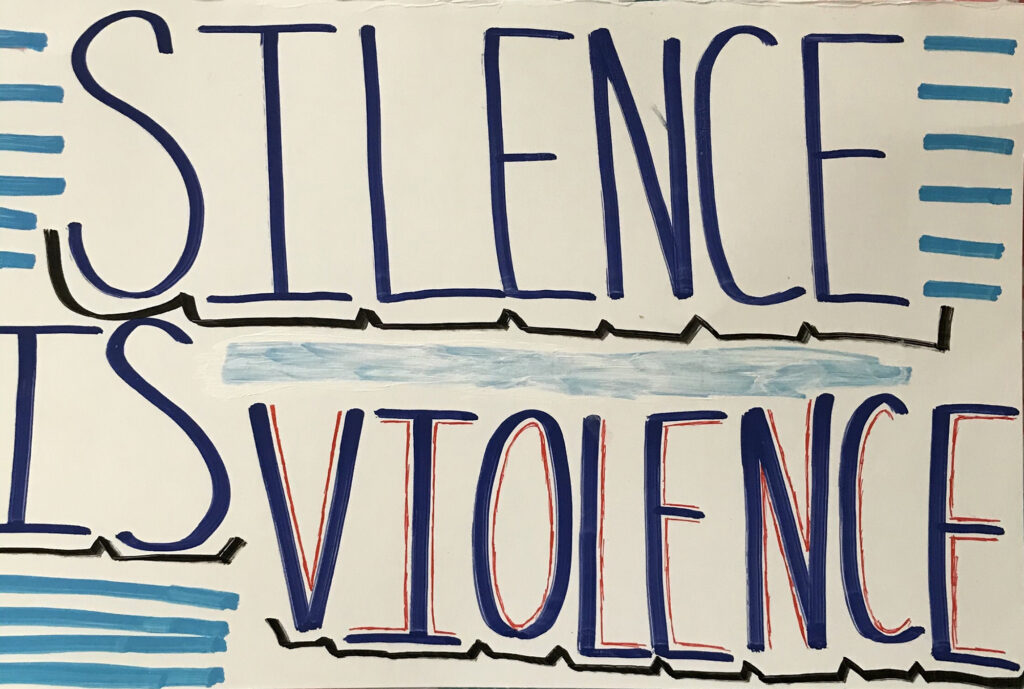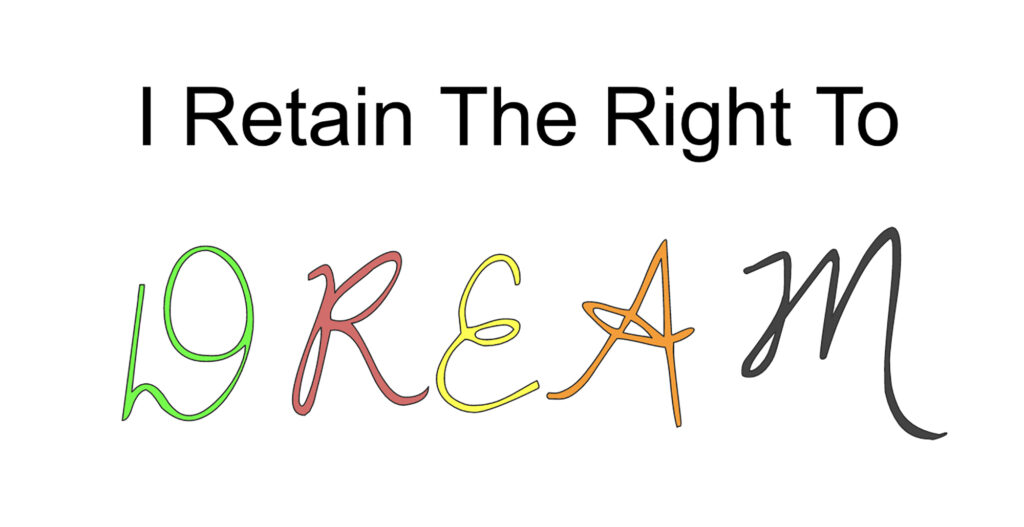The Remote Summer Art Workshop
The Remote Summer Art Workshop started in June 2020 by sharing our collective concerns about what was happening around us, and around the country following the killing of George Floyd. We asked the participants to respond to the events of early summer by creating “Protest Banners,” and discussed the ongoing demonstrations with them. Together, we looked to the place we take here, in Dallas, and drafted “Land Acknowledgements ”in recognition of the history of the stolen land we live on. Each of the participants questioned this history and the way it is celebrated, proposing new monuments for public spaces that could be both owned by and more representative of the surrounding community. The participants listened to the needs of their communities and formulated these concerns in our “Questions for the Mayor”. Local artists and activists who visited our workshop discussed these concerns with us. Jin-Ya from Break Bread Break Borders asked us to be activists on behalf of our communities. We looked at the objects of our heritage that our families brought with them when coming to America to acknowledge the importance and value of our past. Eva Arreguin from De Colores Radio, and Sara Mokuria from Mothers Against Police Brutality urged us to listen to the people around us, to our communities and their concerns, and to act on them. The Remote Summer Art Workshop also taught us new tools for artistic expression, turning smartphones into recording devices for photographs, video, and sound, to explore the public spaces and the experiences of the communities around us. The participants met with Chicago-based photographer Sophie Lopez, and also explored the possibilities of animation with Palestinian artist Nura Husseini. At the end of the summer, local artist and activist Giovani Valderas came to discuss the proposals for art in communal public spaces that the participants developed. These proposals, aimed at sharing the story of migration with the wider Dallas public, became roadmaps for six of the participants, who developed them into visual narratives that would eventually be displayed on the Dallas City Hall and the Oak Cliff Cultural Center.
